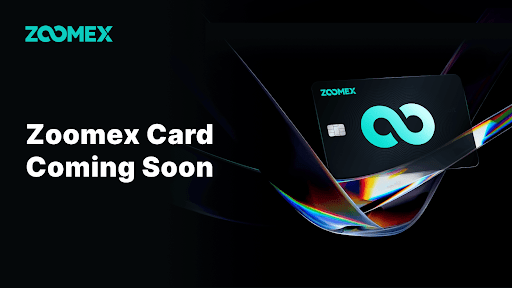US Banks Get Green Light To Trade Customers' Cryptocurrency Assets

Latest Regulatory Development
The Office of the Comptroller of the Currency (OCC) announced through interpretive letters on Wednesday that national banks can now buy and sell cryptocurrency assets on behalf of their customers. CoinDesk reports that the OCC clarified banks can also outsource crypto-related services to third parties, including custody and execution activities. This move represents a continuation of the agency's recent policy shift that has gradually expanded banks' permitted activities in the cryptocurrency sector.
The latest guidance builds upon the OCC's March 2025 reversal of previous restrictions that required banks to obtain supervisory approval before engaging in crypto business. Acting Comptroller of the Currency Rodney E. Hood stated in the announcement that strong risk management controls are expected for these activities, just as they are for traditional banking services.
Market Context and Industry Response
Industry experts view this regulatory change as a transformative development for both the banking and cryptocurrency sectors. The new permissions enable traditional financial institutions to compete more directly with specialized crypto services while maintaining their established customer relationships. Katherine Kirkpatrick Bos, general counsel at Starkware and former chief legal officer at Cboe Digital, described the regulatory shift as a melding of crypto into traditional banking.
The policy shift appears to align with the current administration's pro-cryptocurrency stance. In March 2025, Treasury Secretary Scott Bessent specifically mentioned working with the OCC to rescind guidance that previously hindered the industry, according to Axios.
This latest OCC action comes shortly after the Federal Deposit Insurance Corporation (FDIC) took similar steps in late March 2025, clarifying that FDIC-supervised banks can engage in permissible crypto activities without prior approval. The FDIC stated that banks should consider associated risks such as market volatility, operational and cybersecurity concerns, and regulatory compliance.
Broader Industry Impact
The shift in regulatory approach comes at a time when cryptocurrency markets have shown significant growth and maturation. Bitcoin recently reached a two-month high of approximately $99,140, while other cryptocurrencies have also posted gains, according to recent market data.
Financial analysts suggest this regulatory clarity could accelerate institutional adoption of cryptocurrency services. Wolf & Company noted in a recent report that banks had previously been wary of cryptocurrency transactions due to perceived heightened risks and compliance burdens. The new guidance addresses these concerns by treating crypto activities similarly to traditional banking functions.
Reuters reports that federal banking regulators are preparing to look into whether additional guidance "to support innovation, including crypto-asset activities, is appropriate." This suggests more developments may be forthcoming as the regulatory landscape continues to evolve.
Long-Term Significance
This regulatory change represents a notable shift from the more cautious approach that characterized previous administrations. The Basel Committee on Banking Supervision has been working to finalize international standards for the prudential treatment of banks' crypto-asset exposures, with implementation expected by January 2025 across Basel jurisdictions.
The OCC's action potentially paves the way for greater integration between traditional banking and cryptocurrency markets. As banks begin to offer crypto trading and custody services, they may help address concerns about security, regulatory compliance, and consumer protection that have been barriers to wider adoption.
For cryptocurrency investors, the entry of regulated banks into the space might provide additional security and convenience, potentially bridging the gap between traditional finance and the crypto economy. For banks, these new capabilities represent an opportunity to retain customers who might otherwise use specialized crypto platforms for digital asset transactions.
Related Reading on BTC Peers
For more cryptocurrency insights, read 100 Reasons for Bitcoin National Reserves on BTC Peers, which explores the strategic arguments for governments to adopt Bitcoin.




